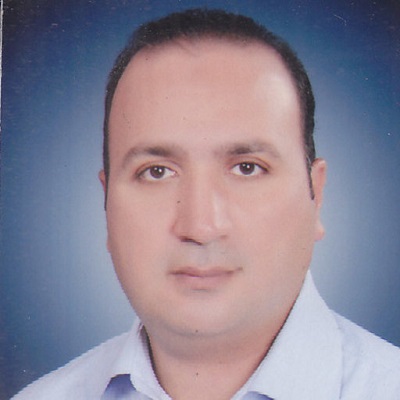
Title: Natural Based Solution for Waste Water Treatments and Climate Changes at Arid Regions
Abstract:
Availability of water of good quality and with relatively low cost is one of the most essential factors affecting the development of a modern society. However, the wastewater (WW) treatment may result in significant environmental issues if not efficiently managed. A typical example are rural and remote areas in Egypt, where the inefficient or completely absent sanitation results in the contamination of the already scarce water resources and creates insecurity in water and food supply.
The main purpose of the project is to provide a sustainable solution regarding water management and climate changes in rural and remote areas under arid and semi-arid climatic conditions by utilizing decentralized, enlarge scale natural treatment systems, i.e. constructed wetland CWs, for waste water and polluted streams treatment. The decentralized approach is preferred, as there is no need for long, costly and maintenance intensive drainage-collection systems to a central treatment unit. Apart from landscaping, the vegetation in CWs will provide additional benefits, according to the species used, that will contribute to the mitigation of the climate changes through absorbing and sequestrate the greenhouse gases (mainly CO2, CH4, and NH3) and immobilizing organic matter in the ecosystem, providing fodder, raw material for personal care products, fuel and other potential uses. Wetlands are environmentally important because of their role in sequestering carbon from the atmosphere and moderating the global carbon cycle and reduce the global warming. Paulownia, Pampo, Castor, and P. Australis, the water fern Azolla pinnata and the microalga Spirulina platensis are in our phytoremediation will be constructed at the study areas in special arrangement of these species for the different types of CW. Considering also their disinfection efficiency, CWs can provide a universal and complete solution for water pollution management and global warming.
Biography:
Mohamed Said S D Abu-Hashim currently works at the Department of Soil Sciences, Zagazig University. Mohamed Said does research in Hydrology, Agronomy and Soil Science. Their current project is 'We (my team) are writing a series of books on water resources, agriculture, Environment in Egypt and in other countries.'

